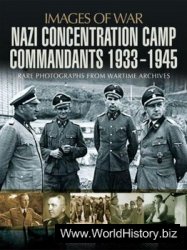Robinson argued in the 1930s that, though all societies have a tension between the society and the individual, ‘‘ ...in the ancient world they were much more closely and subtly blended than in the more self-conscious modern age...” (1964: 8). When individuals did arise in the Israelite prophets, they should not be seen as in opposition to group consciousness but in addition to it (9). The prophets' messages came to the whole people, ‘‘but they asked justice and mercy from the individual Israelite” as a way of getting these for the society as a whole. This ethic of solidarity came directly from ‘‘the old nomadic clan spirit, purified and enlightened, and raised to the level of a religious offering to God” (29).
Robinson saw the individual sometimes as an individual and sometimes as one standing for the group (12-15). Robinson looked for example at Psalm 44's transitions from first-person singular to first-person plural and back not as a textual problem but a psychological one; the writer really did see himself moving back and forth. Robinson wrote that the Hebrew Bible writers did not regard the individual as non-existent but were simply more conscious about being a member of the group (21). He examined instances where individuals were depicted primarily as group members. Among them are Joshua 7 where Achan, who pinched some of the spoils of Jericho, was stoned to death along with his family. Robinson also adduces 2 Samuel 21 where seven of Saul's innocent descendants were killed in revenge for his deeds.
Criticism of Robinson's position suggests Robinson's work was ‘‘based upon too literal a reading of the text'' and missed synecdoche, taking a part for the whole (Johnson 1949:15, n. 2, 82-3 n. 5, 102). For example, Robinson argued that Psalm 44: 5-6's move from ‘‘we'' to ‘‘I'' shows that the ‘‘I'' was actually dissolved in the ‘‘we,'' but critics would say this was a rhetorical device where the leader was identified with the followers. Still, Robinson's position was not an absolute one. He merely noted that clan identity was important and may help explain the variable identity of individual and group especially in some Biblical poems. Robinson saw the prophets as responsible for emphasizing individualism, but even their individualism he saw as much less than ours.




 World History
World History









